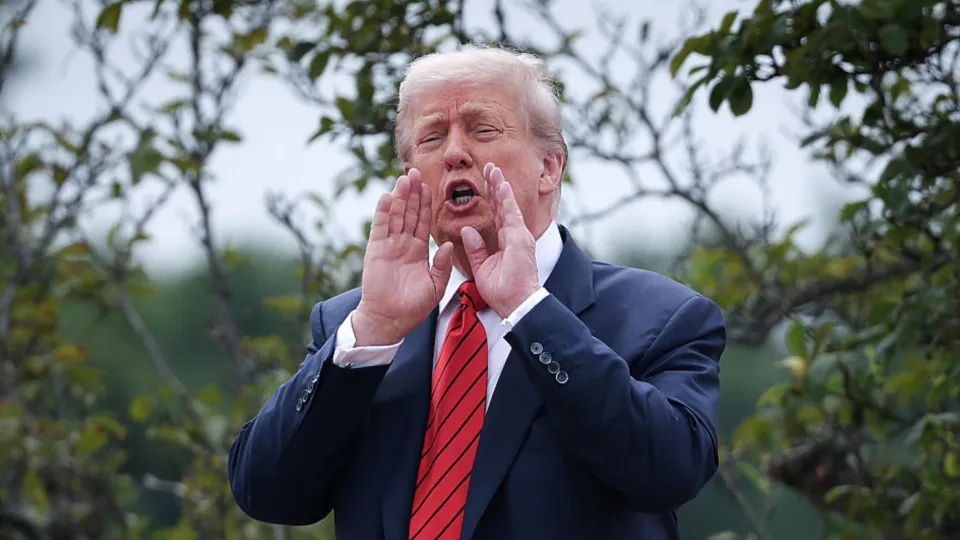Azerbaijan and Armenia’s presidents will meet at the White House on August 8 to sign a peace agreement to end a conflict that has been ongoing since the 1980s. The most recent fighting between the two Caucasian states broke out in 2023, when Azerbaijan captured the contested territory of Nagorno-Karabakh.
The Trump administration brokered the deal, which was made possible by Armenia's concession of a corridor to Azerbaijan to connect the mainland to an enclave in its territory. This move will mean that Azerbaijani goods and people no longer need to pass through Iran or Russia to reach Turkey and Central Asia.
The meeting, which will also focus on strengthening economic ties with the US, could mark the beginning of normalization between the two rival countries. However, one official described it as "the handshake in writing the check, and we still have to ink the contract and cash the check.”
Indeed, peace negotiations are complex and delicate, involving a range of political, military, and diplomatic efforts. For example, the ongoing Russia–Ukraine conflict and the Israel–Hamas war highlight the challenges in reaching lasting agreements.
The involvement of international leaders and negotiators, including figures like Donald Trump, continues to shape these discussions. Understanding these steps provides insight into the intricacies of conflict resolution and the path to peace.



